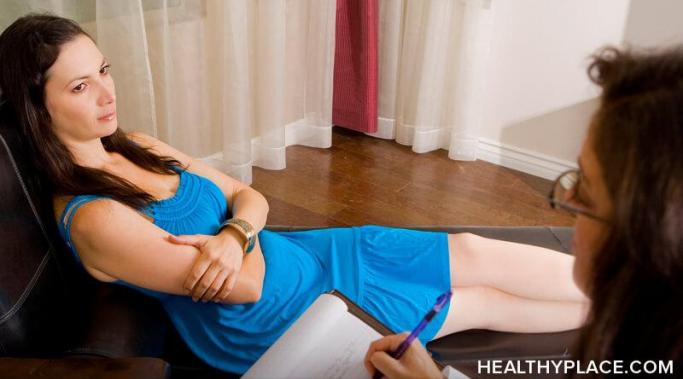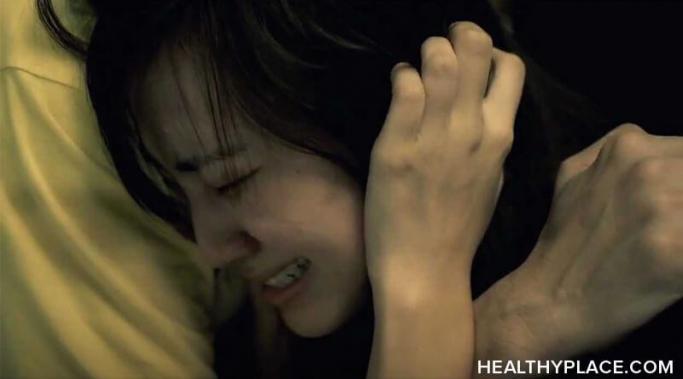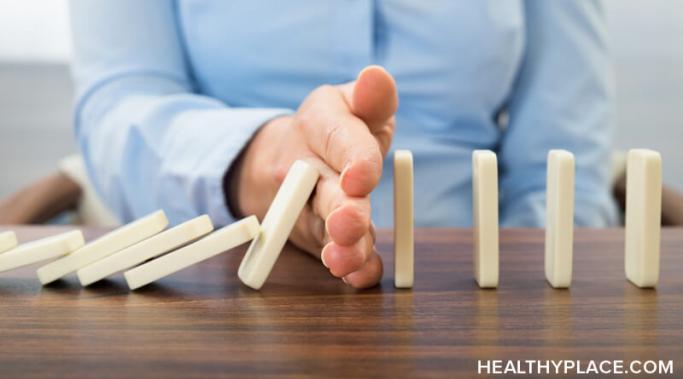I’ve never described it in these terms, but I hacked my skin-picking disorder. It used to control every aspect of my life—physically and emotionally—and I was certain I’d suffer forever. Today, I can share with you that this is far from reality. I might have skin-picking disorder, but it doesn’t have me.
Self-Help - Recovering from Mental Illness
Up to this point in my life, addressing my mental health struggles and seeking recovery has been personal work, and I've never been to therapy to help with mental health conditions. I’ve learned about my illnesses and done self-reflection and soul-searching. It’s been by myself, except for a stint of attending peer support groups and being a part of online peer support groups. During all this time, I’ve wondered, would I benefit from therapy for my mental health?
No matter how much coffee I drink, I am exhausted all the time, and it's because of my mental illness. Recovery is hard, but sometimes it's not even about recovery, it's just about getting through the day, and that's where I'm at right now. I have to fight to do anything; even getting dressed in the morning is a battle. As I sit typing this, my hands feel heavy, and with every breath, I want to quit and go back to bed.
Self-help books have been immensely helpful in my journey to recover from mental illness and generally improve my self-worth, but despite their usefulness, I'm often ashamed to admit how many self-help books I read. In my family, I'm known as the "self-help junkie" and teased as if that is a bad thing.
Reading has always been a great source of comfort for me, and throughout my healing journey, I've read many books about mental illness and recovery. Some were boring, others just didn't feel aligned with me and my struggle, but some were absolutely amazing. Today I want to highlight those amazing books in the hopes that they can also help guide you through your recovery.
I am learning that weight gain in my recovery from depression and anxiety acts as a trigger for those disorders. Last November, I had a baby and I gained a lot of weight while I was pregnant. I knew I wouldn't return to my old size right away, but I assumed it would happen after a few months.
I've been in recovery from mental illness for several years now because recovery is a slow, and often lifelong, process. There are many aspects of recovery that I have a pretty good handle on at this point, like opening up in therapy and sharing my experiences with others to make all of us feel a little less alone, but one part that still throws me for a loop every time is the "random" breakdowns in mental health recovery.
Mental resistance is something we all experience, but for a long time, I didn't realize there was actually a name for it, or a reason it happened besides me being lazy, horrible and bad. Mental resistance is that feeling where you want to do something a little differently to improve your life, but for some reason, you're just stuck.
The holidays are upon us, which means it's more important than ever to set healthy boundaries to maintain your mental health and wellbeing. Family parties, gift-giving, and the pressure to enjoy yourself can all impact your mental health during the holiday season, especially if you don't have solid boundaries set up to protect yourself. In the past, all of these things have made me miserable throughout the holiday season, but over the years I've learned how to set healthy boundaries and actually enjoy the holidays despite my mental health issues.
People might think I have my life together, and for the most part, I do. But even after years of recovery, I still struggle. My struggles and how I react to them are different now from when I was first diagnosed, but some days it is painfully clear that recovery is a lifelong battle.









